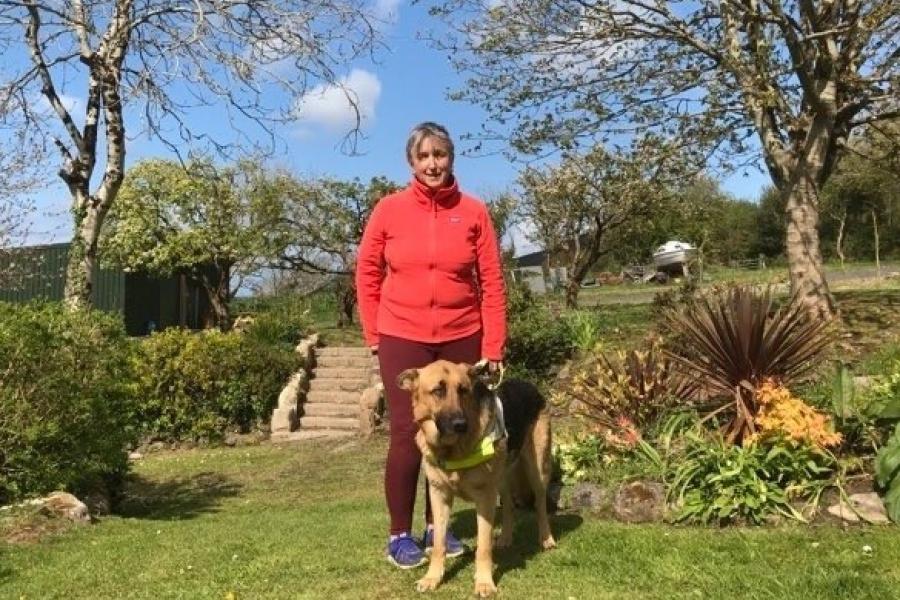New network to links Public Health and Prevention Economics Research across the region
A new regional health economics network is being launched by Professor Rhiannon Tudor Edwards of Bangor University.
The Public Health and Prevention Economics Research Group network will link researchers working in the economics of public health and preventative interventions across the University and Betsi Cadwaladr University Health Board (BCUHB).
As the UK emerges from the Covid-19 pandemic, health and medical services will face backlogs in demand for diagnostic tests, surgery and rehabilitation.
The University’s health economists will be contributing to the evidence base on the cost-effectiveness of public health preventative interventions.
Rhiannon is Co-Director of the Centre for Health Economics and Medicines Evaluation (CHEME) part of the Bangor Institute for Health and Medical Research (BIHMR) at the College of Human Sciences.
She said:

Public health and prevention economics research spans the life-course
“We have worked for many years with Public Health Wales, the Faculty of Public Health and academic public health research groups at Liverpool, Glasgow and Newcastle universities. The network is attracting interest from colleagues across BCUHB, strengthening links between the University and Health Board, and Public Health Wales. With growing interest in expanding medical education in Bangor, we are already offering a student selected component experience week to Cardiff University’s C21 medical students at Bangor University.”
Recent developments at Bangor University will link health economists working independently right across the College of Human Sciences.
Professor John Parkinson, Dean of the College of Human Sciences, said:
“Bangor University is looking to build strength and scale in its areas of research excellence, and to build multidisciplinary teams to address societal challenges. This network has the expertise and quality to deliver to such a brief and in so doing support significant impact in the post-pandemic era.”
The Network will focus on the economic evaluation of primary, secondary and tertiary prevention. The health economists will work in an inter-disciplinary way and where possible at a “systems level” with respect to the “Building Back Fairer” agenda set by Professor Sir Michael Marmot.
Adding to an established portfolio of UK-wide projects, Rhiannon will be working with a team of public health researchers, led by Professor Ben Barr at the University of Liverpool, on a three-year study funded by National Institution of Health Research (NIHR £850K) looking at opportunities for management and prevention of debt through signposting in health care settings.
Public health and prevention economics research underway by colleagues at Bangor spans the life-course, from studying the immediate and longer term impact of bullying in schools right through to economic evaluation of preventative exercise programmes for people with dementia and their carers.
The Public Health and Prevention Economics Research Group network will also bring together colleagues working on social return on investment (SROI), from our CHEME Social Value Hub across the School and BCUHB, on studies such as the EMD Coaching programme (see Staff Bulletin 26/07/21). Jointly with health economists at Swansea University, we have received £1.2M infrastructure funding for Health and Care Economics Cymru from Health and Care Research Wales. Prevention economics is a key research theme in our work at an all-Wales level.




